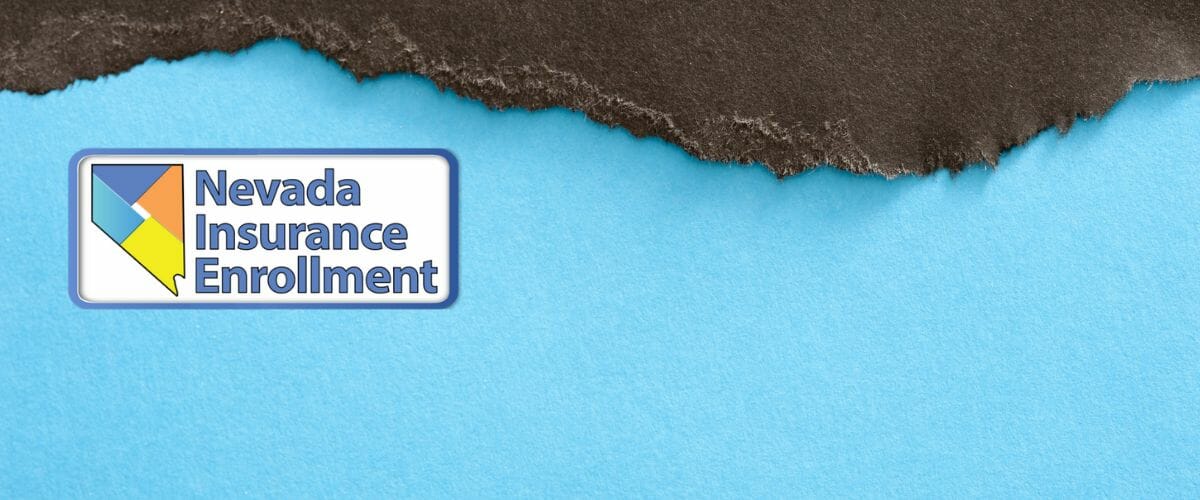Understanding Your Emergency Room Hospital Bill
Emergency room visits and hospital stays are generally stressful. Unfortunately, the bill you receive a few weeks later can cause nearly as much anxiety as the medical event itself. Understanding your emergency room bill, including what charges are on there and whether they are fair, can help you spot discrepancies and potentially save you money.

Get a Detailed Hospital Bill
The emergency room bill lists the major charges from your visit, including procedures, tests and any medications that were administered. If your bill is higher than expected, the first thing you should do is ask for an “itemized bill” that breaks down every charge. This can help you spot redundancies or absurdly high charges.
Spotting Errors
Your healthcare provider is not out to cheat you and overcharge you for simple services. However, our medical system is very expensive, and medical billing is an overly complicated process. Mistakes happen. In some cases, those mistakes can cost you money, making it worth your while to check your bill carefully.
Double Charges:
Make sure that you were not charged twice for the same supplies, medicine, or tests.
Number Errors:
If a fee seems unreasonably high, look for repeating digits or extra zeros (for example, $3,661 instead of $361.) An easy way to spot unfair pricing is by using an online database to check your charges.
FAIR Health – https://www.fairhealthconsumer.org/medical
Healthcare Bluebook – https://www.healthcarebluebook.com/explore-home/
If you spot a fee that seems higher than it should be, you can either identify an overcharge or leverage that information to negotiate a lower charge.


Dates:
Make sure that the dates listed on your itemized bill match when you were admitted to the hospital. If you were admitted at 12:03 a.m. on Tuesday, make sure that you were not charged a room rate for Monday. Also, if you were discharged from the hospital on Thursday morning, double-check that you were not charged for the entire day.
Charges for Supplies:
Durable medical supplies are normal charges on itemized hospital bills. However, items like hospital gowns, gloves or sheets should be part of the hospital’s general operating costs and should not be passed on to you.
Canceled Tests:
If a test was ordered and then canceled, make sure that you will not be billed for it.
Cost of Reading Tests:
Unless you received a second opinion, there should only be one charge for reading tests or scans.
Medicine charges:
If you brought medication from home and self-administered it, there should not be a charge for it on your bill. Please note, you should ask your nurse if you can take medications from home. Generally the answer is absolutely not. The medical team needs to know what you are taking in order to monitor your response. Also, if your doctor prescribed a generic version of a drug, make sure that you were not charged for the name brand.
Understanding Your Hospital Bill with Nevada Insurance Enrollment
If your bill includes charges that you believe should have been covered under your health insurance plan, contact your licensed health insurance agent from Nevada Insurance Enrollment. Our insurance agents can help their customers review their bills and find out why charges have not been paid by your health insurance company.
After speaking with our locally licensed insurance agents to help you to obtain the right coverage you need, you will have the peace of mind knowing that you are properly insured when life complications arise. We work hard to find the most competitive quotes for your needs. Contact us today to begin the process of finding the best insurance plan for your family.
Recent Posts




What is Full Coverage Auto Insurance?
Adequate auto insurance coverage is important. Not only are all Nevada licensed drivers required by law to carry coverage, but in the event of a collision, your policy is what is standing between you and financial devastation. The term “full coverage” is one that often gets tossed around by drivers, but it’s probably not a term you’ll hear from your insurance agent.




Does Towing and Roadside Assistance Impact Insurance Premium?
Towing and roadside assistance is an auto insurance policy add-on that provides coverage if you get stranded or your car breaks down. This auto insurance coverage helps you handle costs like locksmith services, towing, battery service, gas delivery, and more.




Have You Been Offered Health Insurance At Work?
New rules to the American Rescue Plan Act, stating that employees that are offered “affordable” health insurance by their employer, may now qualify for a subsidy!
